US faces biggest threat in space from China, Russia: American general
A top American general says the United States faces the "most challenging threat" in space from China followed by Russia.
General Bradley Chance Saltzman, the US Chief of Space Operations, told reporters on Saturday night that space has "fundamentally changed" in just a few years due to a growing arms race between great powers, AFP reported on Sunday.
Saltzman was speaking on the sidelines of the Munich Security Conference in Germany, where he highlighted the importance of technologies including anti-satellite missiles, ground-based directed energy and orbit interception capacities.
"We are seeing a whole mix of weapons being produced by our strategic competitors," he said, adding, "The most challenging threat is China but also Russia.”
"We have to account for the fact that space as a contested domain has fundamentally changed. The character of how we operate in space has to shift, and that's mostly because of the weapons (China) and Russia have tested and in some cases operationalised," he said.
"Adversaries are leveraging space... targeting and extending the range of their weapons," noted Saltzman.
"That's really the change that happens inside the domain,” he stated.
The US general made the remarks amid surging US-China tensions over the US military shooting down a Chinese balloon, saying it was monitoring US military and nuclear facilities. China however has rejected the US allegations and said it was a weather balloon.
Chinese Foreign Minister Wang Yi over said on Saturday that Washington's "hysterical" reaction had damaged the US-China relations.
He called the US shooting down the Chinese weather balloon an "absurd" act that had violated international norms.
"There are so many balloons all over the world, so is the United States going to shoot all of them down?," Wang, director of the Office of the Foreign Affairs Commission of the Communist Party of China (CPC) Central Committee, said at the Munich Security Conference.
"We hope the US could pursue a pragmatic and positive policy towards China, and work with China to push Sino-US relations back to the track of healthy development,” he added.
US Secretary of State Antony Blinken however arrogantly warned Wang that China must not repeat such an "irresponsible act" of sending a balloon over US airspace.
During their meeting on Saturday in Munich, Blinken "directly spoke to the unacceptable violation of US sovereignty and international law by (China's) high-altitude surveillance balloon in US territorial airspace, underscoring that this irresponsible act must never again occur", said State Department spokesman Ned Price.
"The secretary made clear the United States will not stand for any violation of our sovereignty," he further stated.
Blinken also warned Wang "about the implications and consequences if China provides material support to Russia or assistance with systemic sanctions evasion,” said Price.
The head of the US Space Command, Army General James Dickinson, said in December that Washington was closely watching China's space activities.
China "continue[s] to build and build capabilities that really, quite frankly, hold most of our assets at risk in the space domain,” he said.
Dickinson said China believes "space is a very important piece to not only their economic or the global economic environment, but also the military environment, so we continue to watch that very closely as they continue to increase capabilities." The army general said his command, along with US Indo-Pacific Command, was focused on the challenge from China.
Other American officials have said that China is gaining the upper hand in space and that could pose an existential threat to US national security.
The United States, China and Russia have been striving for power in space for years. China and Russia have joined forces for a number of space missions and initiatives, including plans for a research base on the moon.
China is also planning to send an expedition to the moon by 2024. The US is planning a moon mission by 2025.
VIDEO | Press TV's news headlines
VIDEO | Iran will not 'capitulate' since it has military surprises for US
China overtakes US as Germany’s top trading partner
VIDEO | Displaced Gazans struggle to find clean water amid Ramadan
VIDEO | Pakistan strikes militant camps along Afghan border after suicide bombings
Iran FM: Chance still exists for win-win solution to nuclear issue
Denmark rejects Trump's plan to send US hospital ship to Greenland
US Secret Service kills man trying to enter Trump’s Mar-a-Lago estate


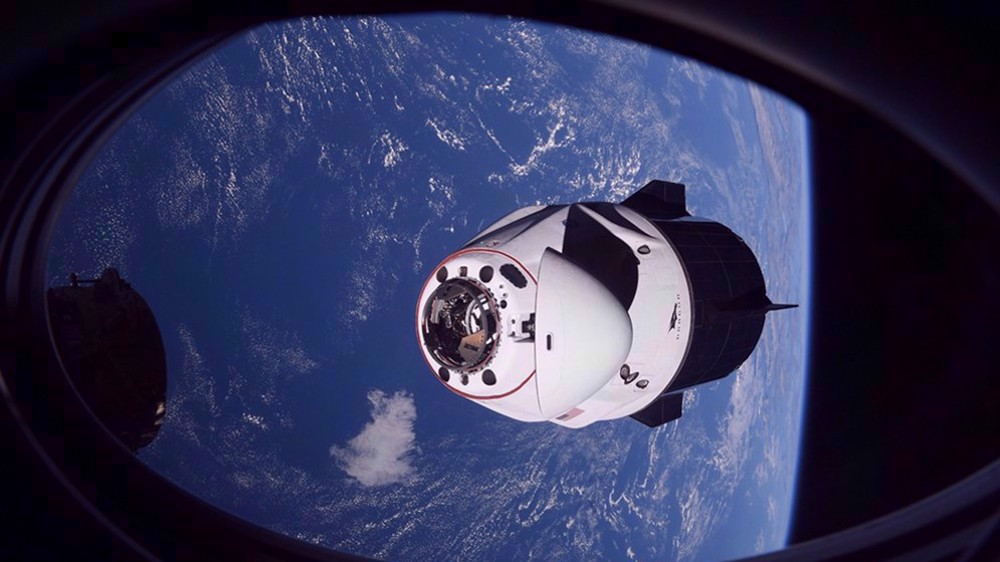
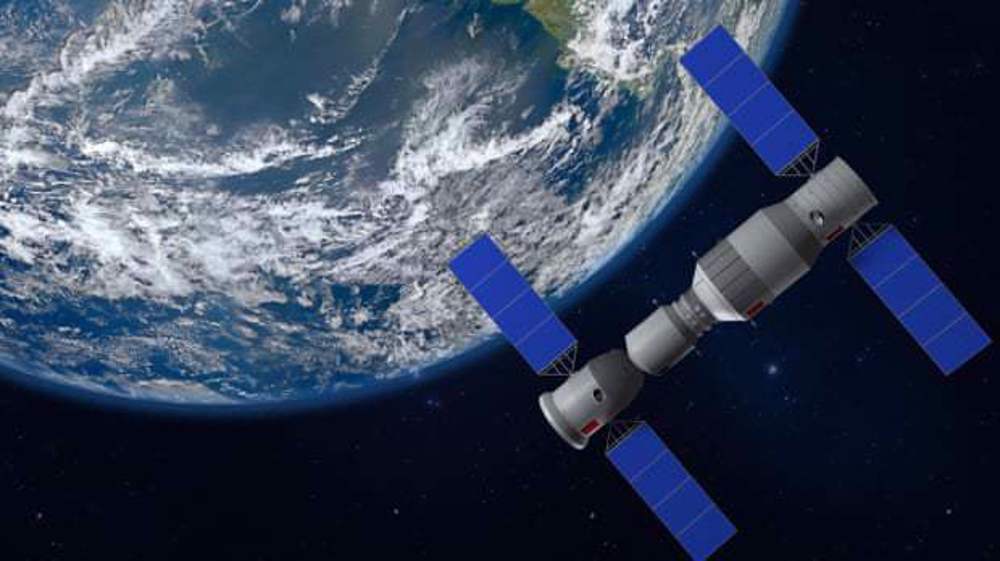
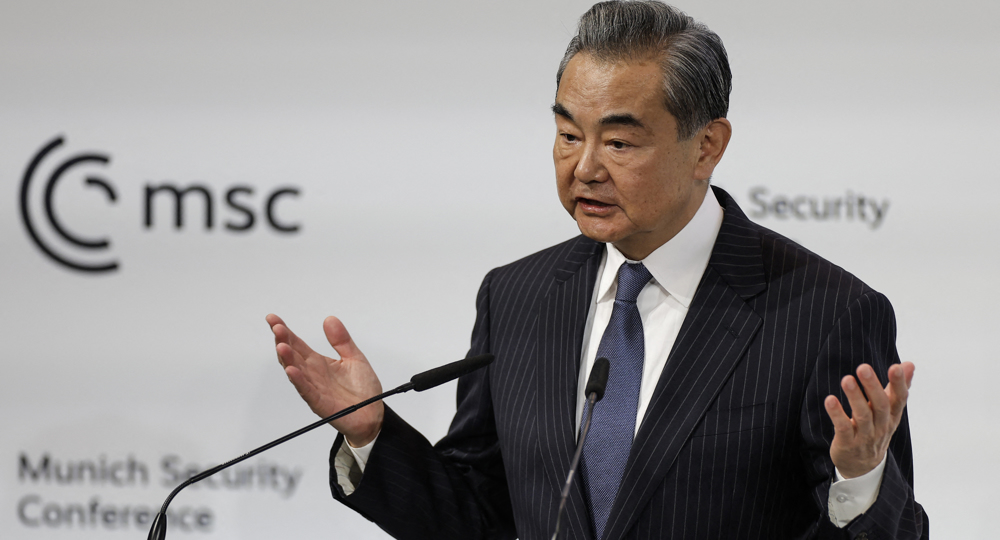
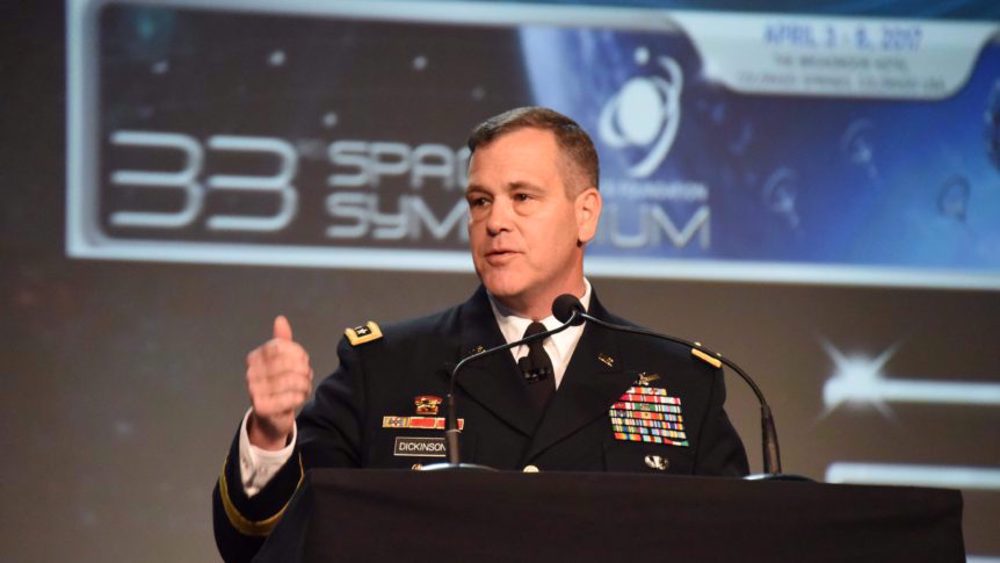
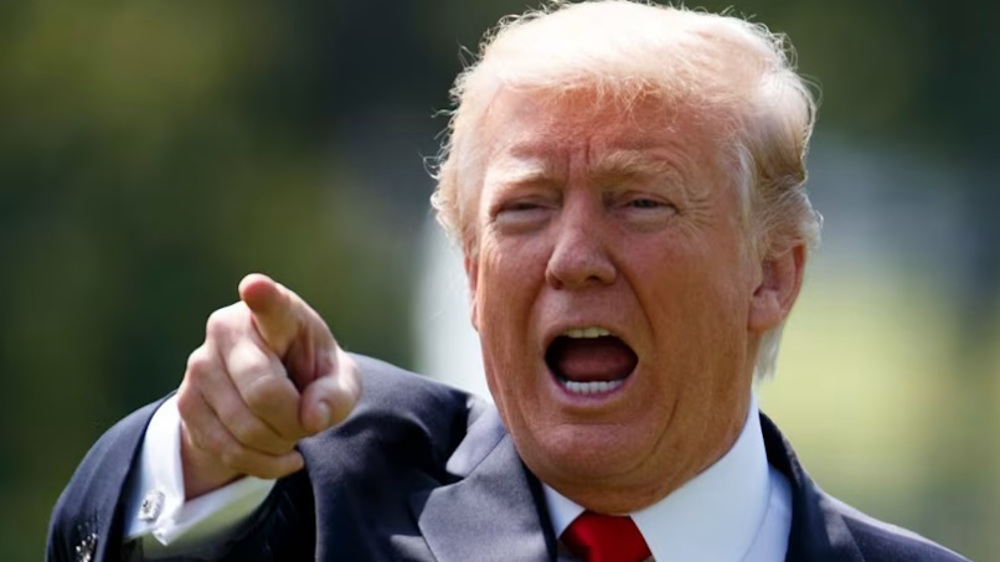

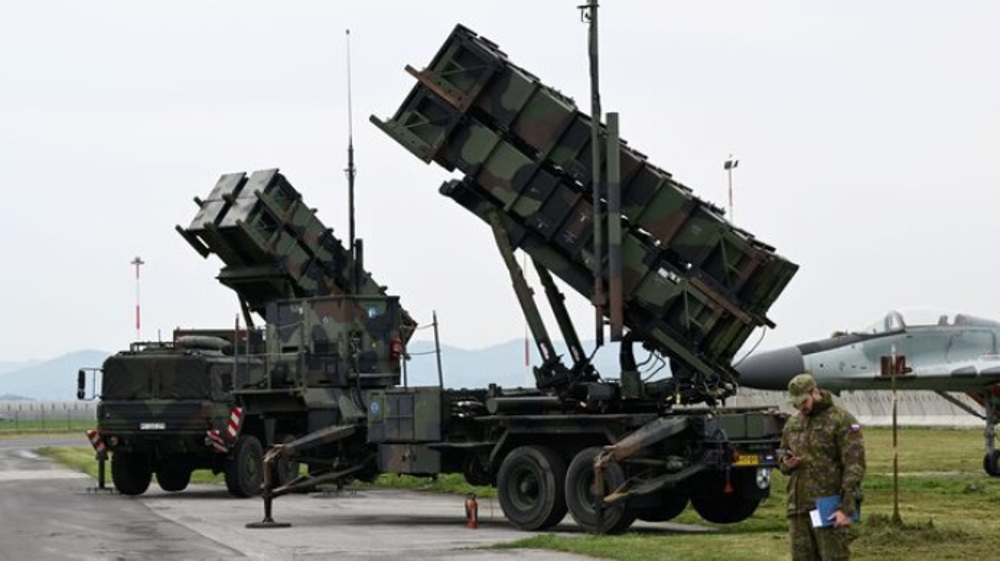




 This makes it easy to access the Press TV website
This makes it easy to access the Press TV website